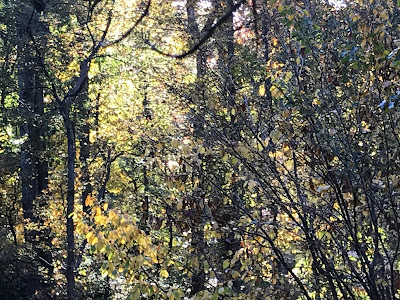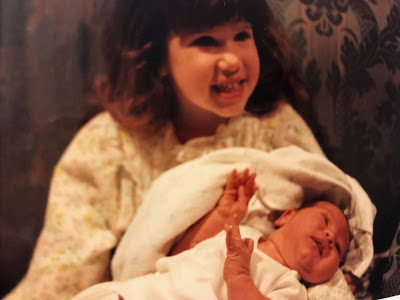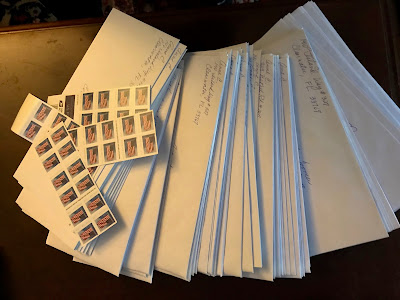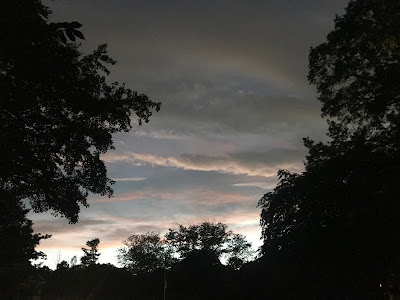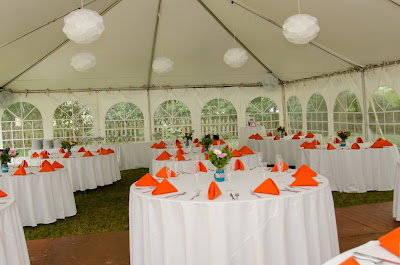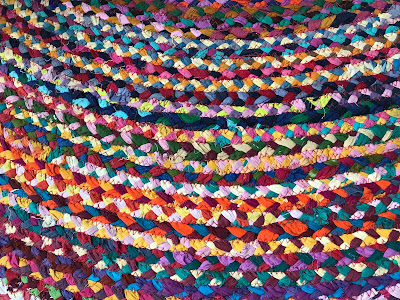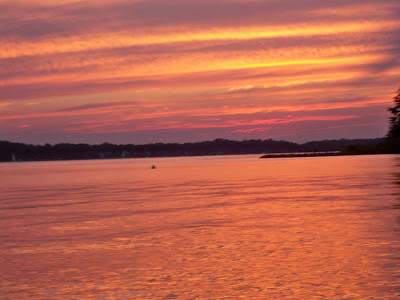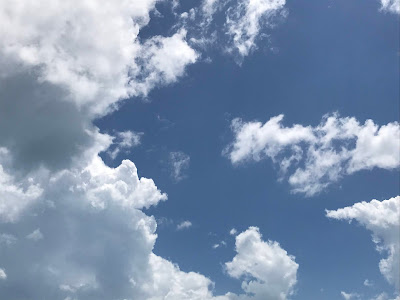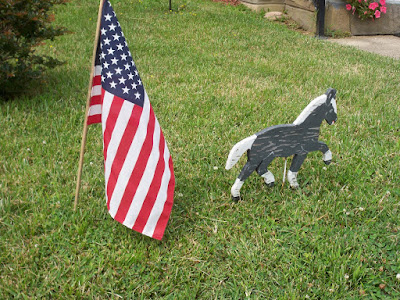Autumn Bond
Autumn is rolling out quite the red (and gold) carpet for our fall “babies” (our new granddaughter’s mother’s birthday is today).
Decades ago, when I was expecting Suzanne, I hoped she would be born in time enough to enjoy the glories of autumn. We lived in northern Massachusetts then, though, and the trees were almost bare when she arrived.
As it turns out, though, Suzanne’s birthday is perfectly aligned for autumn color in the mid-Atlantic — and so is her baby’s.
Now when I marvel at the bright colors, inhale the scent of crushed leaves, I think about how she and her baby will always have this bond. This time of simultaneous change and equilibrium will always be theirs to share.
